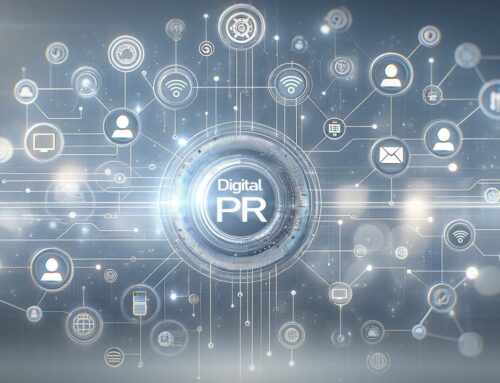Introduction
ChatGPT, the latest language model developed by OpenAI, based on the GPT-4 architecture, has revolutionized the way businesses interact with their customers and operate internally (OpenAI, 2021). This powerful AI tool can be an invaluable asset for businesses seeking to improve their sales numbers. In this article, we will discuss how you can leverage ChatGPT to increase business sales by enhancing customer service, optimizing marketing efforts, and streamlining internal operations.
Improving Customer Service with ChatGPT
Enhanced customer service is a key factor in driving business sales. ChatGPT’s ability to understand and generate human-like text makes it ideal for creating chatbots that offer instant and personalized support (Radziwill & Benton, 2017). Implementing ChatGPT-powered chatbots can lead to:
- Faster response times: Quick resolutions to customer queries can significantly improve customer satisfaction, leading to increased sales and customer retention (Huang & Rust, 2018).
- 24/7 availability: Chatbots provide round-the-clock support, addressing customer needs outside of regular business hours, and capturing potential leads.
- Cost-effectiveness: Chatbots reduce the need for hiring additional customer support staff, resulting in considerable cost savings (Kumar et al., 2021).
Optimizing Marketing Efforts
ChatGPT can help businesses improve their marketing efforts through:
- Content creation: ChatGPT can generate high-quality, engaging content for blog posts, social media updates, and email campaigns, enhancing brand visibility and attracting potential customers (OpenAI, 2021).
- Personalized messaging: Utilizing ChatGPT’s ability to customize messages, businesses can tailor marketing content to individual customers, increasing the likelihood of conversion (Li et al., 2020).
- Market research: ChatGPT can analyze customer feedback and sentiment, allowing businesses to make data-driven decisions and address potential issues before they escalate.
Streamlining Internal Operations
In addition to customer-facing tasks, ChatGPT can assist in streamlining internal operations, improving efficiency, and indirectly contributing to increased sales:
- Automating repetitive tasks: ChatGPT can handle simple administrative tasks, allowing employees to focus on higher-value activities (Chui et al., 2018).
- Training and onboarding: ChatGPT can be utilized to create personalized training materials and assist in employee onboarding, reducing the time and resources required for these processes.
- Sales forecasting: ChatGPT can analyze historical sales data and generate sales forecasts, helping businesses make informed decisions about inventory and resource management.
Final Thoughts
By leveraging the power of ChatGPT, businesses can improve customer service, optimize marketing efforts, and streamline internal operations, ultimately driving sales growth. As AI technology continues to advance, businesses that embrace these innovations will likely stay ahead of the competition and achieve long-term success.
By utilizing ChatGPT for marketing, customer service, and internal operations, businesses can increase sales and gain a competitive edge in the market. As AI technology continues to evolve, it will become increasingly essential for businesses to harness its capabilities for long-term success. Embracing ChatGPT and other AI-driven innovations will not only enhance customer satisfaction and streamline processes but also foster a more adaptive and forward-thinking business approach.
References:
Chui, M., Manyika, J., & Miremadi, M. (2018). Notes from the AI frontier: Insights from hundreds of use cases. McKinsey Global Institute.Huang, M. H., & Rust, R. T. (2018). Artificial intelligence in service. Journal of Service Research, 21(2), 155-172.Kumar, V., Dixit, A., Javalgi, R. G., & Dass, M. (2021). Research framework, strategies, and applications of intelligent agent technologies (IATs) in marketing. Journal of the Academy of Marketing Science, 49(1), 30-54.
Li, H., Chatterjee, P., Li, Y., & Westland, J. C. (2020). Artificial intelligence in digital marketing. In Artificial Intelligence in Marketing (pp. 1-30). Springer, Cham.
OpenAI. (2021). Introducing ChatGPT: A state-of-the-art language model. Retrieved from https://www.openai.com/blog/chatgpt/
Radziwill, N. M., & Benton, M. C. (2017). Evaluating quality of chatbots and intelligent conversational agents. arXiv preprint arXiv:1704.04579.








